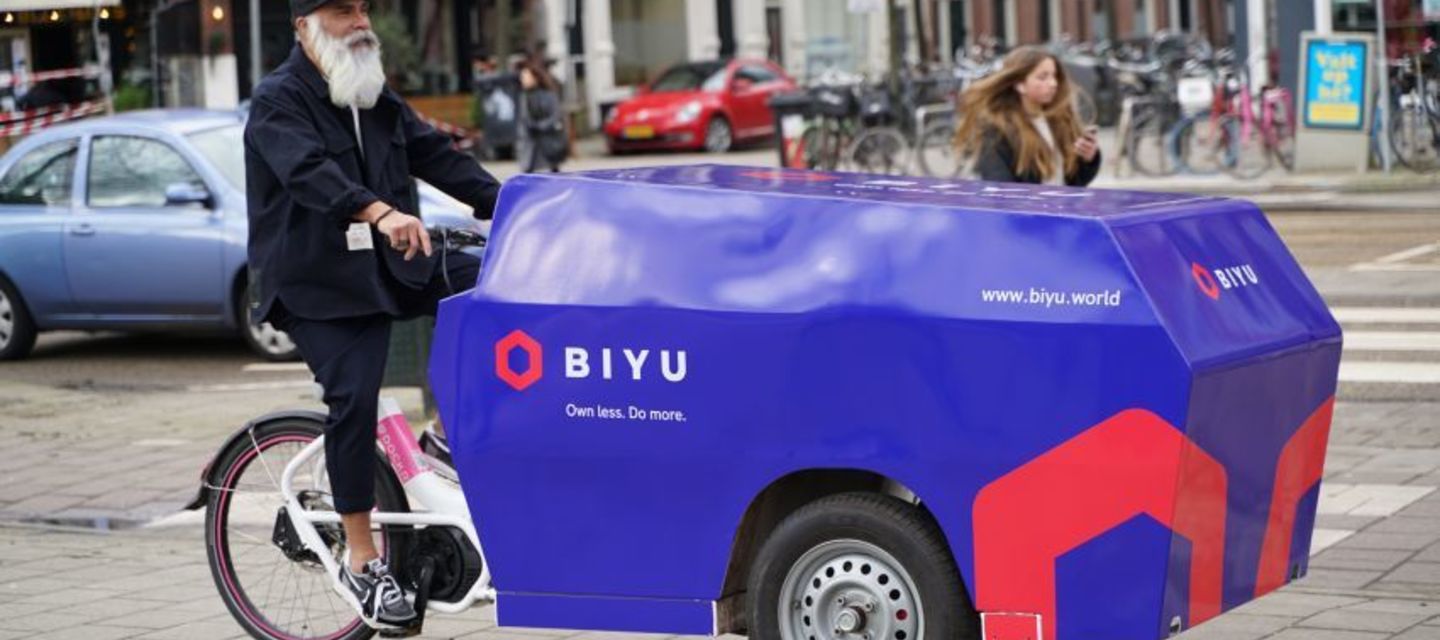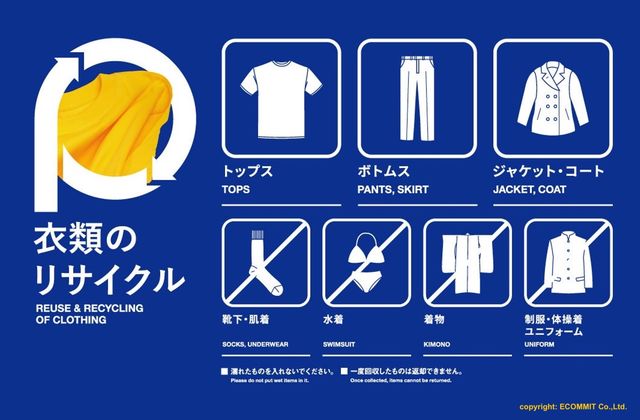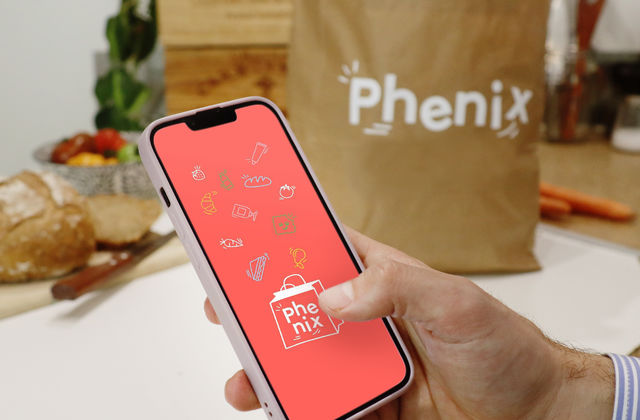What is it? BIYU offers unlimited access to 100+ premium products for a monthly fee, starting in Amsterdam. The products can be picked up from a local hub or be delivered at home for an additional fee. BIYU and product partners cooperate in experimenting with access vs ownership.
Why is this important? Many people still buy things they only need occasionally like a drill or electric saw. This creates additional consumption that can easily be avoided. Up until recently, it was inconvenient to rent or borrow a product that you needed instantly, which is why many people still opted for buying. This is changing with new offerings like BIYU, which combine resource efficiency and convenience. BIYU aims to bring product usage to a maximum, resulting in less resource extraction and less waste from inferior products.
Recent modelling has shown that rental instead of buying can significantly reduce the environmental impact, although the exact impact is difficult to quantify. The saved carbon emissions from the (non-) production of home products are significantly higher than the emissions from added transport through more frequent travelling of the items (Behrend, 2020).
Main resource strategy: Narrowing the loop by reducing the demand for new products and increasing the usage of existing products.
Other resource strategies: Slowing the loop by extending the lifetime of products.
Business model aspects:
- Value Proposition: Unlimited access of 100+ premium products for a fixed monthly fee.
- Value Creation & Delivery: Company partnerships with manufacturers of premium products, digital platform engineering and maintenance, local hub creation and delivery.
- Value Capture: Recurring revenue through fixed monthly fees.
Business model experimentation practices: Talking with the product suppliers made BIYU realize that the manufacturers themselves know the linear business model is going to end. Other practices included a discussion with potential members, waitlist strategy, also gatherings with first users of BIYU to hear about their experience and to validate the relevance of the concept (BIYU, 2022).
Tools, methods and approaches used: Online A/B testing, piloting, small gatherings like the ambassador evenings where BIYU invited early members, guerilla marketing, on-going testing of new channels, ways and means of communication, and thinking of new target groups (BIYU, 2022).
Sustainability outcomes: The company is new so there is no quantified information about the sustainability impact of BIYU available.
Sources:
Behrend, M. (2020). Buying versus renting: On the environmental friendliness of item-sharing. Transportation Research Part D: Transport and Environment, 87, 102407.
BIYU. (2021). Our Story. Accessed January 13th 2021 at: https://www.biyu.world/en
BIYU. (2021). Sustainability. Accessed January 13th 2021 at: https://www.biyu.world/en/sustainability
BIYU (2022). Info provided by the company via email exchange.
***
About project Circular X
Project Circular X is about ‘Experimentation with Circular Service Business Models’. It is an ambitious research project funded by the European Research Council (ERC) which supports top researchers from anywhere in the world. Project CIRCULAR X runs from 2020-2025. The project is led by Principal Investigator (PI) Prof Dr Nancy Bocken, who is joined by a multidisciplinary team of researchers at Maastricht Sustainability Institute (MSI), Maastricht School of Business and Economics, Maastricht University. The project cooperates with businesses who want to innovate towards the circular economy.
Project Circular X addresses a new and urgent issue: experimentation with circular service business models (CSBMs). Examples of such new business models include companies shifting from selling products to selling services and introducing lifelong warrantees to extend product lifetimes. However, CSBMs are far from mainstream and research focused on experimentation is little understood. The research aims to conduct interdisciplinary research with 4 objectives:
- Advancing understanding of CSBMs; their emergence and impacts
- Advancing knowledge on CSBM experimentation
- Developing CSBM experimentation tools
- Designing and deploying CSBM experimentation labs
Funding source
This project has received funding from the European Research Council (ERC) under the European Union’s Horizon 2020 research and innovation programme, grant agreement No. 850159.
Using this information
When you refer to this case, please use the following source:
Circular X. (2021) Case study: BIYU – Rental platform. Accessed from www.circularx.eu



